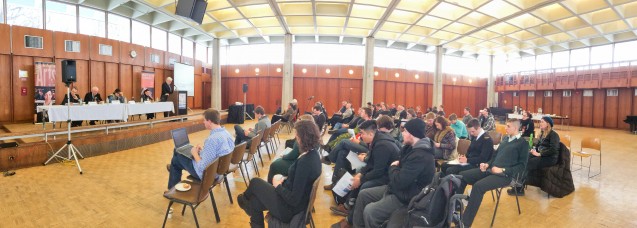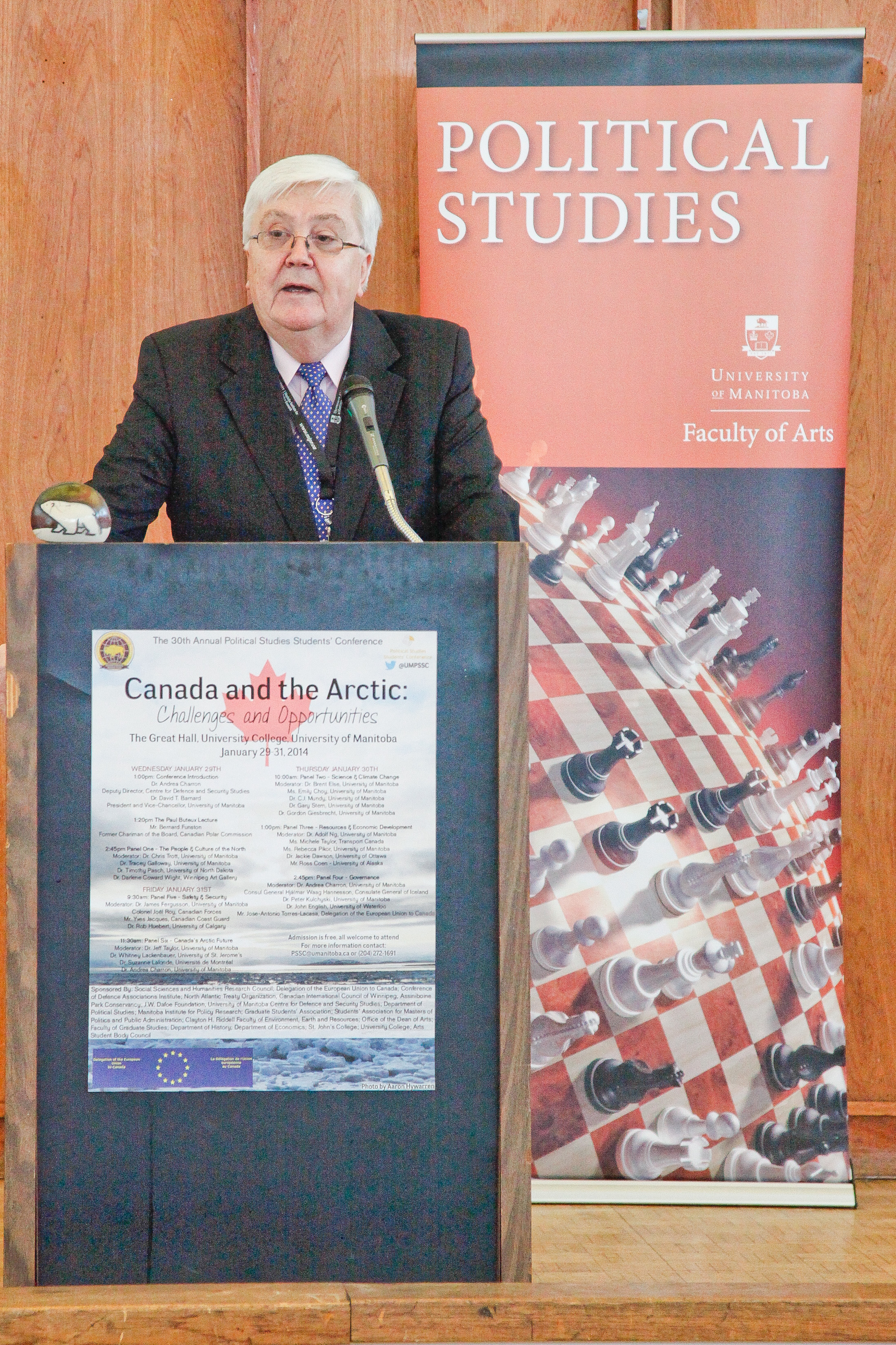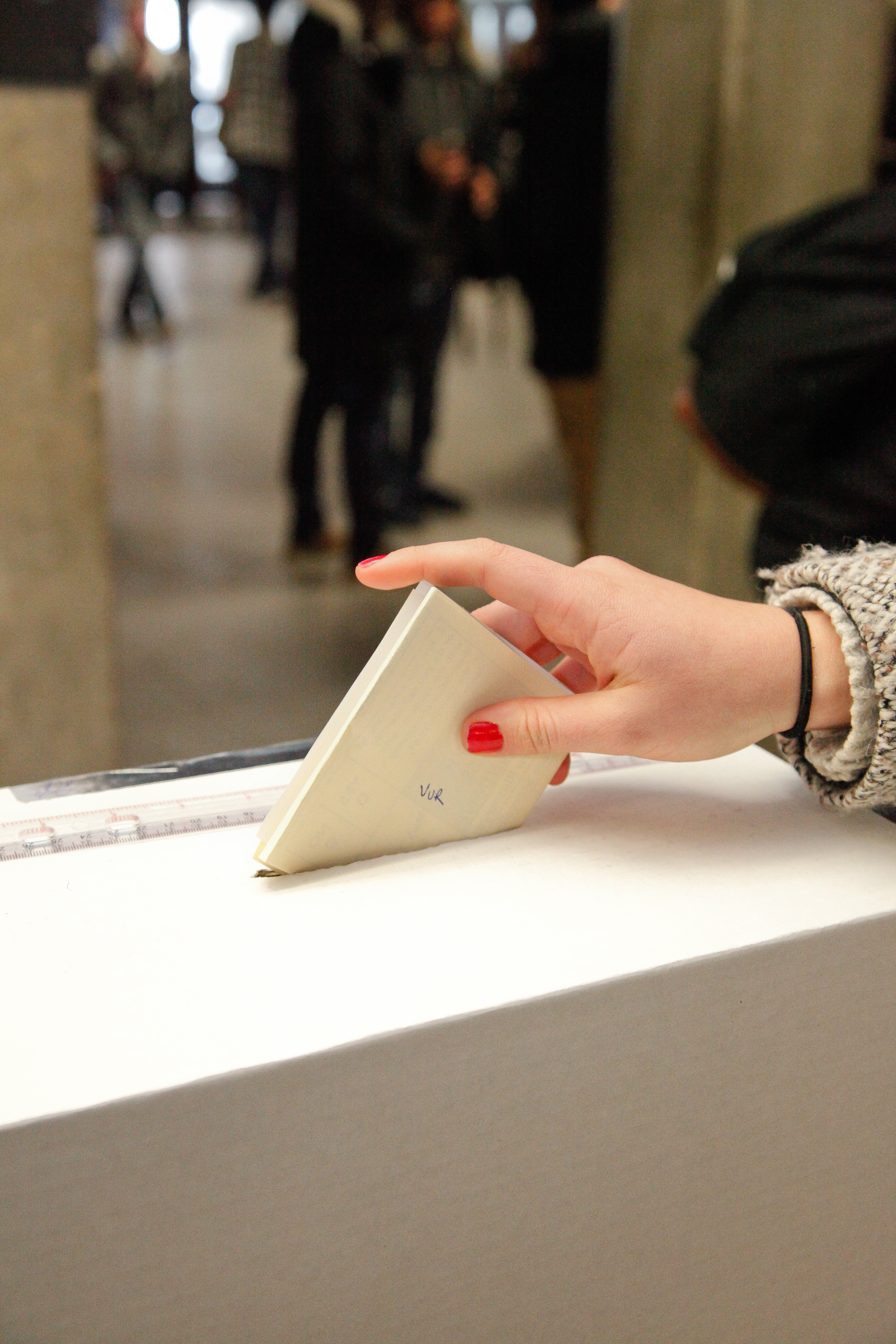The 30th annual Political Studies Students’ Conference (PSSC) was held last week at the University of Manitoba.
The subject of this year’s conference was Canada and the Arctic: Challenges and Opportunities. A wide range of speakers from academic, government, and military fields located in Canada, the United States, and Europe took part.
The conference took place over the course of three days: Jan. 29-31. Six panels and 29 speakers and moderators covered a diversity of opinions and a range of topics – from security issues, the people of the North, and governance.
The student-run conference is put together every year by volunteers from the department of political studies at the U of M, and has included many preeminent speakers and participants. Past keynote speakers include Romeo Dallaire, former commander of UN peacekeeping forces in Rwanda; Lloyd Axworthy, former minister of foreign affairs; and political economist Susan Strange.

This year saw participation from a former chair of the Canadian Polar Commission, Iceland’s consulate general to Winnipeg, and a colonel in the Canadian Air Force, as well as numerous experts in academia, science, and culture. The conference has garnered quite the reputation amongst academics and students and has obtained participation from students at the U.S. Air Force Academy at Colorado Springs, and from universities in Moscow, Bulgaria, and Singapore.
Chris Kelly and Lewis Chosewood, cadets with the United States Military Academy at West Point, travelled from New York to attend.
“It’s great for us to get this international perspective. We’re more into the security side of things here, but it’s great to hear about other aspects, things that the military doesn’t often consider,” said Kelly.
The first PSSC was held in 1985, and organized by Rahul Aggarwal—a U of M political studies student with an interest in arms control and disarmament—and his fellow students.
Aggarwal was killed later that year in the 1985 Air India bombing. Aided by faculty members at the U of M, students wanted to keep Aggarwall’s vision of a student-run conference alive, and began hosting the conference annually.
Richard Farthing-Nichol, a political studies student at the U of M, sat on the organizing committee this year.
“It’s a great event for students to get exposed to a great pool of expertise all at one time. We’ve had a lot of help from Dr. Charron, the faculty advisor for the conference,” said Farthing-Nichol.
Andrea Charron is an assistant professor and deputy-director of the centre for defence and security studies at the U of M.
“The students have to get know who the experts are in each field, research their work, and then put together an agenda that is academically challenging, but also balanced. As a faculty advisor I help guide them, but they’re doing all the work.”
Charron spoke about the conference’s reputation.
“I’ve known about the conference for a long time, but I’m fairly new to the U of M [ . . . ] The comment we always hear is that it’s so well organized, and welcoming. Speakers look to be invited back and I think that helps then spread the word about the conference. It’s a wonderful way to showcase the U of M, the talent we have and the talent of our students.”





